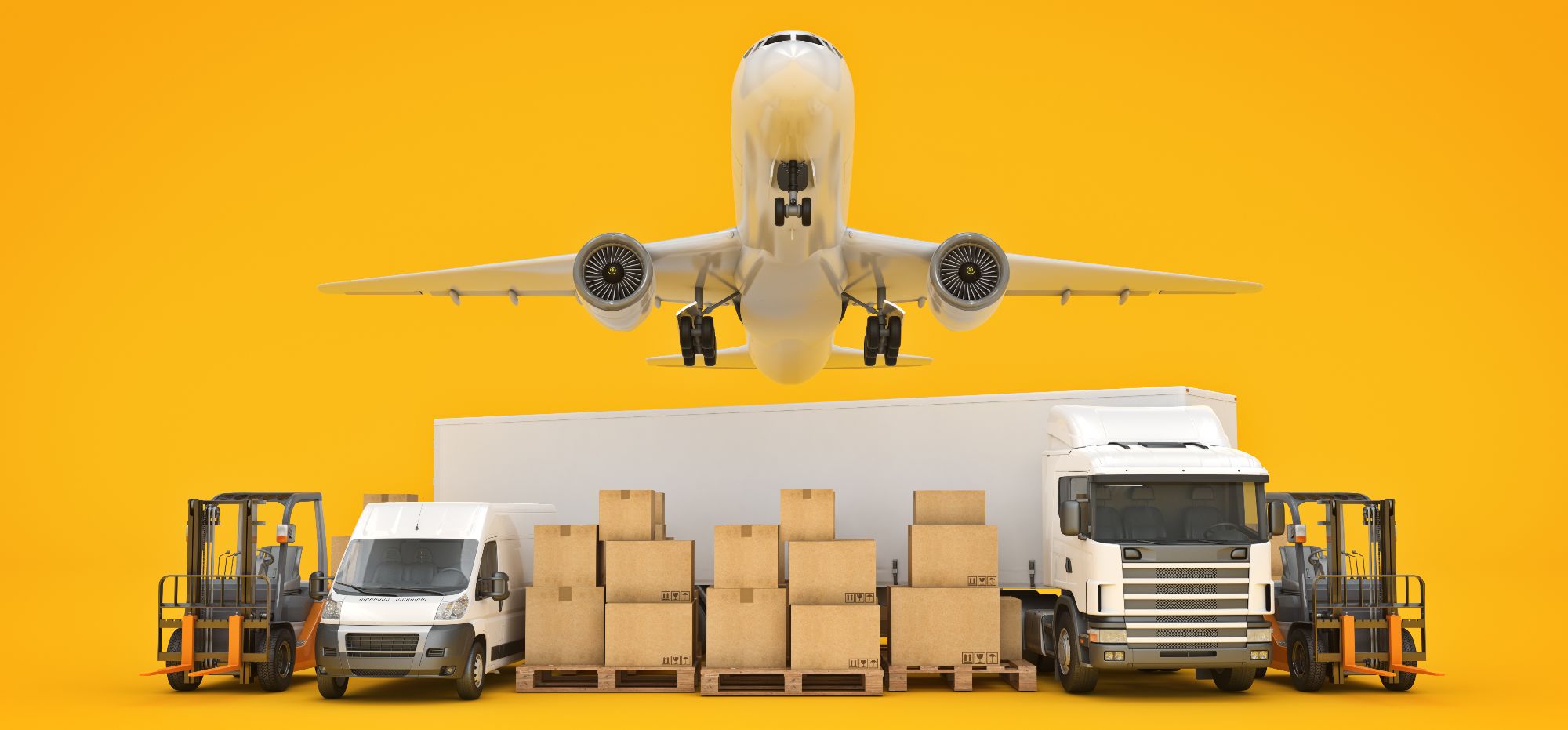
Efficient Domestic Air Freight Services Across Australia
Experience seamless domestic air freight solutions tailored for your cargo needs across Australia. Our reliable services ensure timely deliveries and peace of mind for businesses of all sizes.
Sustainability Initiatives in Domestic Air Freight
Sustainability has emerged as a critical priority for the air freight industry, driven by growing environmental concerns, regulatory pressures, and stakeholder expectations. In this article, we explore the various sustainability initiatives and best practices being adopted by domestic air freight providers in Australia to reduce their environmental footprint and promote responsible business practices.One of the key focus areas for sustainability in air freight is the reduction of greenhouse gas emissions. Aviation is a significant contributor to global carbon emissions, and reducing the environmental impact of air cargo transportation requires a multifaceted approach.
Domestic air freight providers are investing in fuel-efficient aircraft, optimizing flight routes, and implementing operational best practices to minimize fuel consumption and emissions per ton-kilometer.Sustainable aviation fuels (SAFs) represent a promising solution for decarbonizing air freight operations. Made from renewable feedstocks such as waste oils, agricultural residues, and algae, SAFs offer a lower carbon footprint compared to conventional jet fuels, without compromising safety or performance. By incorporating SAFs into their fuel mix, airlines and logistics providers can reduce their reliance on fossil fuels and transition to more sustainable energy sources.
In addition to reducing emissions, domestic air freight providers are also focusing on waste reduction and resource efficiency throughout their operations. This includes initiatives to minimize packaging materials, optimize cargo loading to maximize space utilization, and invest in energy-efficient infrastructure and equipment. By reducing waste and conserving resources, businesses can lower their environmental impact and contribute to a more sustainable future for air cargo transportation.
Collaboration and industry partnerships are essential for driving sustainability initiatives in domestic air freight. Airlines, logistics providers, manufacturers, and government agencies are working together to develop innovative solutions, share best practices, and establish industry-wide standards for sustainable operations. By collaborating across the supply chain, stakeholders can amplify their impact and accelerate the transition to a more sustainable and resilient air freight industry.
Ultimately, sustainability is not just a moral imperative but also a business imperative for the air freight industry. By integrating environmental considerations into their business strategies and operations, domestic air freight providers can enhance their competitiveness, reduce risks, and build long-term value for customers, shareholders, and society as a whole.
covid19evidence.net.au © Copyright 2024 - All rights reserved.
